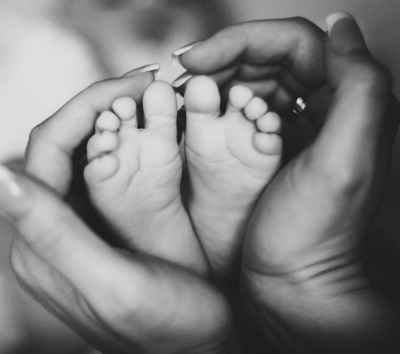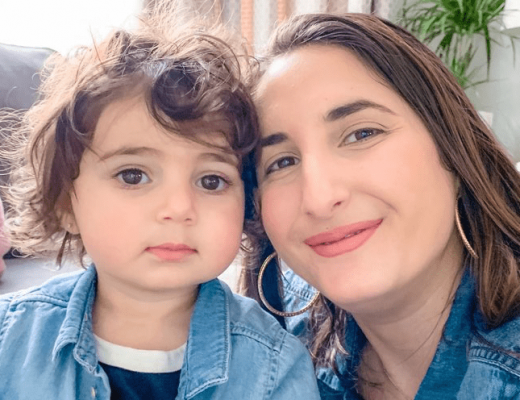Supporting someone who has experienced the loss of a baby during pregnancy, birth, or after can be challenging, as it’s a deeply sensitive and emotional situation. And while there is nothing you can say that will take their pain away, you will want to approach them with compassion, empathy, and sensitivity to show your support. Here are some guidelines on what to say:
- Acknowledge Their Loss: Begin by acknowledging their loss directly. You might say, “I’m so sorry for your loss,” or “I heard about your baby, and I’m here for you.” It’s important to let them know that you are aware of their pain and that you care.
- Offer Your Sympathy: Express your sympathy and sadness for what they are going through. You can say something like, “I can’t imagine the pain you’re feeling, and I’m here to support you in any way you need.”
- Listen Actively: Sometimes, the most powerful way to provide support is to listen. Allow them to talk about their feelings, memories, and experiences. Don’t offer solutions or advice unless they ask for it. Just be present, attentive and really listen.
- Use the Baby’s Name: If the baby had a name, use it when talking about their loss. It can make the baby’s presence and memory more real and meaningful.
- Avoid Clichés and Platitudes: Avoid saying things like, “Everything happens for a reason,” or “It’s for the best.” or worse “You can always try for another”. Such phrases can be hurtful and dismissive of their grief. Instead, offer genuine empathy and support.
- Respect Their Grief Process: Understand that grief is a highly individual process. Some people may want to talk about their feelings, while others may prefer privacy. Respect their wishes and let them grieve in their own way and at their own pace.
- Offer Practical Help: In addition to emotional support, consider offering practical assistance. This could include preparing meals, running errands, helping with household chores or offering to babysit other children they may have. Practical help can alleviate some of the burdens during this difficult time.
- Check In Regularly: Grief doesn’t have a set timeline, and the pain may linger for a long time. Continue to check in with them regularly, even after some time has passed. Let them know you’re there for them whenever they need to talk or simply be in the company of a friend.
- Offer Resources: If you think they would appreciate it, share information about charities, support groups, therapists, or counselors who specialise in helping individuals cope with baby loss. Grief can be isolating, and professional help can be beneficial.
- Remember Special Dates: Be mindful of anniversaries, due dates, or other significant dates related to the baby. Sending a message of support or a small gesture on these days can mean a lot.
Remember that there is no perfect thing to say that can take away their pain, but your presence, empathy, and willingness to listen and support them can make a meaningful difference during their grieving process. Above all, let them know that they are not alone and that you care about them.
If you or a friend need help, read our blog for a list of charities who support those experiencing baby loss and find out about baby loss awareness week and Wave of Light remembrance,





No Comments